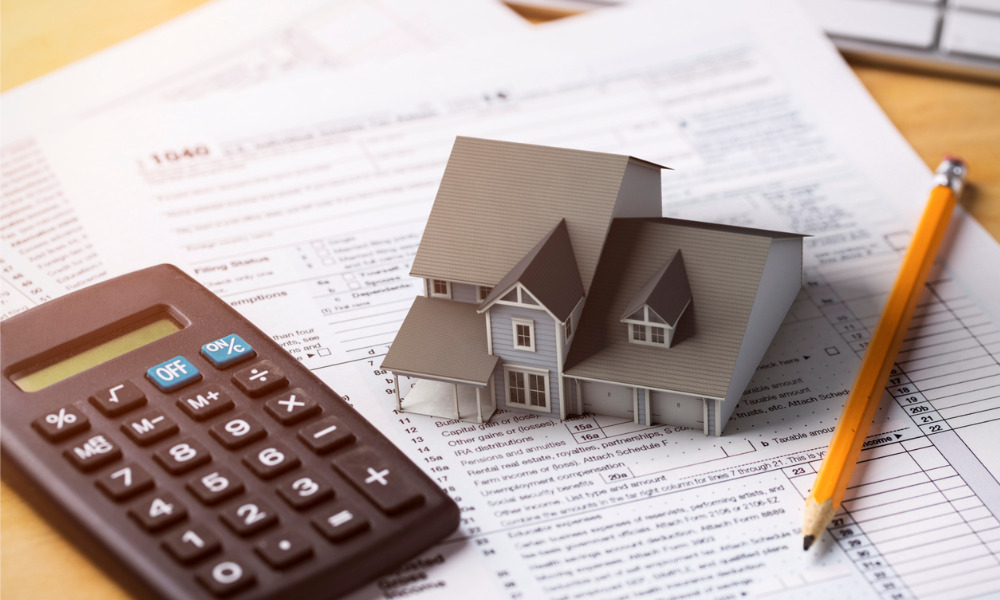Industry body urges city council to weigh policy objective against data and potential misalignment of incentives

The Toronto Regional Real Estate Board (TRREB) is calling on the city council to ensure that whatever decision it makes on a proposed new tax on vacant homes be driven by data and results, with appropriate exemptions put in place in case the tax is implemented.
“The current City staff report indicates a preference to define a home as vacant only if it is vacant for greater than six months of the year,” TRREB said in a statement.
Should the Toronto City Council move forward with the city staff’s recommendations, TRREB suggested that certain cases be considered for potential exemptions, including:
- Principal residences;
- Owners unable to rent the property due to market conditions;
- Snowbirds;
- U.S. citizens;
- Homes for which occupancy is prohibited by court order;
- Commuters;
- Properties that go through renovations or changes in ownership during the calendar year;
- Owner or other occupier undergoing medical or supportive care; and
- If the owner is deceased and grant of probate or administration pending.
“TRREB believes that all housing policy decisions, including whether or not to impose a tax on vacant homes in Toronto, should be evidence-based,” said TRREB President Lisa Patel. “As such, it is important to have a clear understanding of the intended purpose and policy objective of a municipal tax on vacant homes in Toronto.”
TRREB noted that in 2020, year-on-year growth in condominium units listed for rent has far exceeded the corresponding growth in the number of units actually rented; that trend pre-dated the COVID-19 pandemic, and was actually accelerated following the initial onset of the outbreak in March. The upshot has been a marked increase in choice of vacant homes for would-be renters, as well as significant year-on-year declines in average rent.
“Given the current state of the Toronto rental market, the purpose of such a tax is not immediately clear at this time,” Patel said.
TRREB also argued that with a vacancy tax in place, some investors might choose to list their unit for sale rather than for rent. Those who have owned their unit for several years, in particular, would likely be most inclined to sell as they stand to benefit from a dramatic rise in value. If that scenario occurred en masse, it could lead to the unintended opposite effect of shrinking Toronto’s pool of available rental units.
“TRREB is not opposed to a vacant home tax, and we understand the rationale behind it; however, it is unclear whether it will add rental housing that is affordable or affordable home ownership to the market, at this time,” Patel said.



